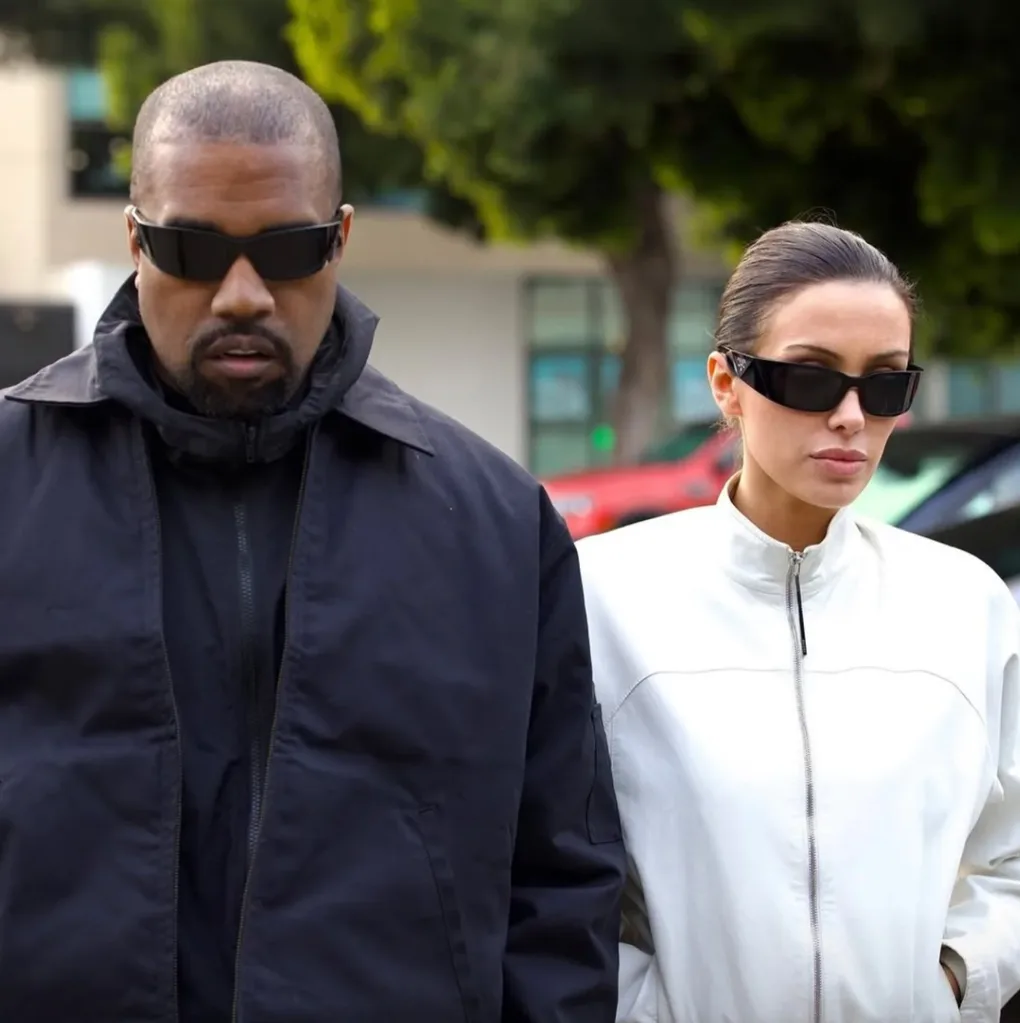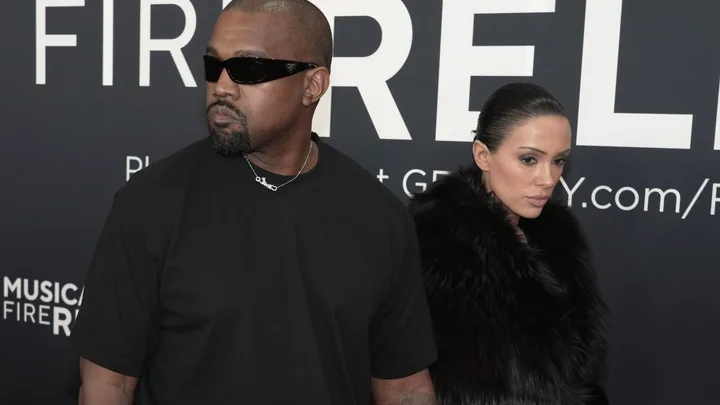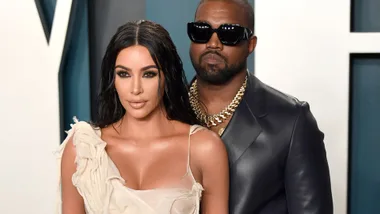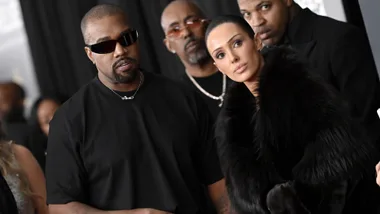Trigger Warning: This story contains references to childhood sexual abuse and trauma.
Kanye West, now known simply as Ye, is no stranger to controversy – but his latest lyrical revelations have pushed boundaries even further, forcing fans and critics alike to grapple with uncomfortable questions about trauma, art, and accountability.
A Childhood Confession in “Cousins“
In a newly surfaced track snippet titled “Cousins,” Ye appears to lay bare a traumatic chapter from his childhood involving a cousin who is now serving life in prison. The lyrics, delivered with Ye’s signature intensity, reference explicit childhood experiences and alleged sexual encounters between the two: “That’s when I gave my cousin head / I told my cousin not to tell nobody.” He adds that his cousin would later go on to kill a pregnant woman – an event Ye chillingly frames as somehow connected to their early experiences.
On social media, Ye doubled down, posting a now-viral tweet: “My name is Ye and I sucked my cousin’s dick till I was 14. Tweet sent.” The tweet, like many of Ye’s unfiltered online declarations, left many asking: is this a genuine confession or just pure shock value meant to stir attention?

Raw Honesty or Recklessness?
Either way, the reaction was swift and polarised. Some praised Ye’s brutal honesty, suggesting his openness about taboo trauma could spark long-overdue conversations around childhood sexual abuse and how early exposure to adult content can impact development. Others criticised him for what they perceived as weaponising personal trauma for performance.
This isn’t the first time Ye has used his platform to blur the lines between diary entry and public performance. His artistry has always lived in the tension between vulnerability and spectacle. Whether discussing his bipolar diagnosis, his tumultuous relationships, or his political affiliations, Ye has made a career out of discomfort – both his own and ours.
Why “Cousins” Feels Different
But with “Cousins,” there’s an added layer of complexity. These aren’t just shocking bars. They’re revelations involving family, childhood sexuality, and violence. Ye’s choice to share them in a song, rather than a structured interview or therapeutic setting, raises ethical questions about how celebrity confessionals function in a digital era.
Ye has made one thing clear: he’s not done provoking.



